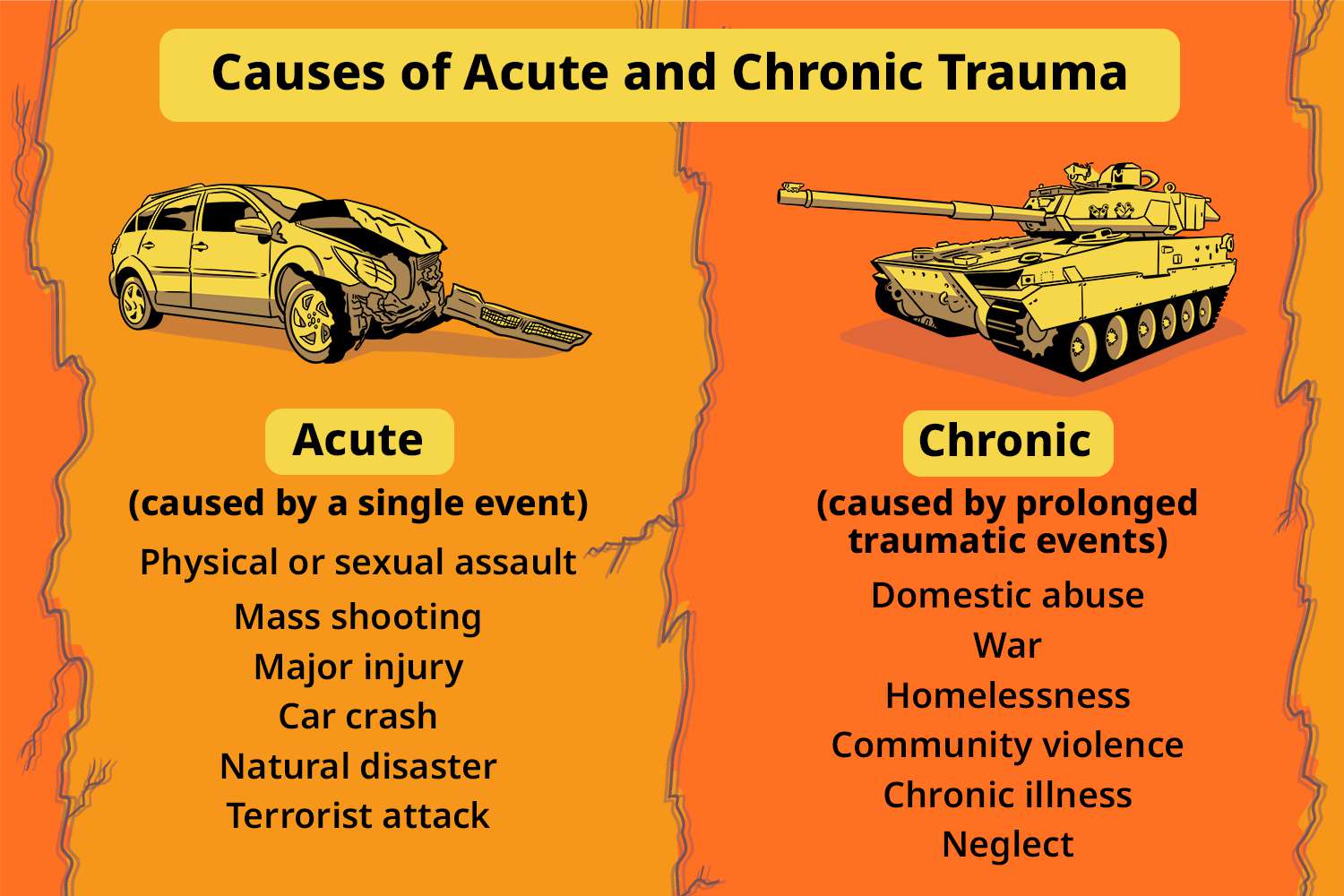8 Small Cuts On Gums Remedies For Fast Healing

Experiencing small cuts on your gums can be a painful and frustrating issue, especially when eating, drinking, or even talking. These cuts, also known as gum lacerations, can occur due to various reasons such as biting into something hard, brushing your teeth too aggressively, or having a dental procedure. Fortunately, there are several remedies that can help promote fast healing and alleviate the discomfort associated with gum cuts.
1. Salt Water Rinse
One of the most effective and simplest remedies for healing gum cuts is rinsing your mouth with warm salt water. Salt has natural antibacterial properties that can help prevent infection and reduce inflammation. To make a salt water rinse, mix 1 teaspoon of salt with 8 ounces of warm water. Swish the solution around your mouth for about 30 seconds, making sure to reach the cut area, and then spit it out. Repeat this process several times a day, especially after meals.
2. Hydrogen Peroxide
Hydrogen peroxide is another agent that can be used to clean and heal gum cuts. It has antimicrobial properties that can help prevent infection. However, when using hydrogen peroxide, it’s crucial to dilute it with water (50% water and 50% hydrogen peroxide) because undiluted hydrogen peroxide can damage the gums and tooth enamel. Swish the diluted solution gently around your mouth for about 30 seconds and then spit it out.
3. Aloe Vera Gel
Aloe vera is well-known for its soothing and healing properties. Applying aloe vera gel directly to the cut gum area can help reduce pain and inflammation and promote faster healing. Use a cotton swab to apply the gel to avoid touching the cut with your fingers, which could introduce bacteria and prolong healing.
4. Turmeric Paste
Turmeric contains curcumin, a compound with potent anti-inflammatory and antimicrobial properties. To make a turmeric paste, mix 1 teaspoon of turmeric powder with enough water to form a thick paste. Apply this paste directly to the cut area using a cotton swab. Leave it on for about 5 minutes before rinsing your mouth with warm water. Turmeric can stain, so be cautious when applying and rinsing.
5. Clove Oil
Clove oil has been used for centuries for its analgesic properties. It can help numb the area, reducing pain and discomfort. However, clove oil is very potent, so it should be used with caution. Dilute a few drops of clove oil in water and apply it to the cut area using a cotton swab. Alternatively, you can add a few drops of clove oil to your toothpaste before brushing for a soothing effect.
6. Vitamin E Oil
Vitamin E oil is known for its healing properties and can help repair damaged gum tissue. Apply a few drops of vitamin E oil to the cut area using a cotton swab. This can help promote healing and reduce the appearance of scars.
7. Desensitizing Toothpaste
If the cut on your gum is causing tooth sensitivity, using a desensitizing toothpaste can help alleviate this discomfort. These toothpastes contain ingredients like potassium nitrate that help block the dentinal tubules in the teeth, reducing sensitivity.
8. Maintain Good Oral Hygiene
While it might be tempting to avoid the area when brushing and flossing due to pain, maintaining good oral hygiene is crucial for the healing process. Gently brush your teeth with a soft-bristled toothbrush and avoid flossing the affected area until it has healed. Regularly cleaning your mouth helps prevent bacterial buildup, which can lead to infection and prolong healing.
Additional Tips
- Avoid Irritating Foods: Steer clear of spicy, hot, or sharp foods that could irritate the cut and prolong healing.
- Use a Soft-Bristled Toothbrush: Gently brush your teeth to avoid further irritating the cut area.
- Consider Over-the-Counter Pain Relievers: If the pain is significant, over-the-counter pain relievers like ibuprofen or acetaminophen can help manage discomfort.
- Visit a Dentist: If the cut is deep, doesn’t heal, or you experience signs of infection (increased swelling, redness, or pus), visit a dentist for professional advice and treatment.
By incorporating these remedies and maintaining good oral hygiene, you can promote faster healing and reduce the discomfort associated with small cuts on your gums. Remember, if you experience any signs of infection or if the cut doesn’t heal, it’s always best to consult a dental professional for further guidance.
What are the common causes of small cuts on the gums?
+Small cuts on the gums can occur due to various reasons such as biting into something hard, brushing your teeth too aggressively, or having a dental procedure. Poor oral hygiene, eating sharp or hard foods, and accidents while chewing can also lead to gum cuts.
How can I prevent gum cuts from happening?
+To prevent gum cuts, maintain good oral hygiene by gently brushing your teeth with a soft-bristled toothbrush, avoiding hard or sharp foods, and regularly visiting a dentist for check-ups and cleanings. Being mindful while eating and avoiding aggressive brushing can also help.
When should I seek professional dental help for a gum cut?
+Seek professional dental help if the cut is deep, doesn’t heal within a few days, or you experience signs of infection such as increased swelling, redness, or pus. A dentist can provide a proper diagnosis and necessary treatment to prevent complications and promote healing.
